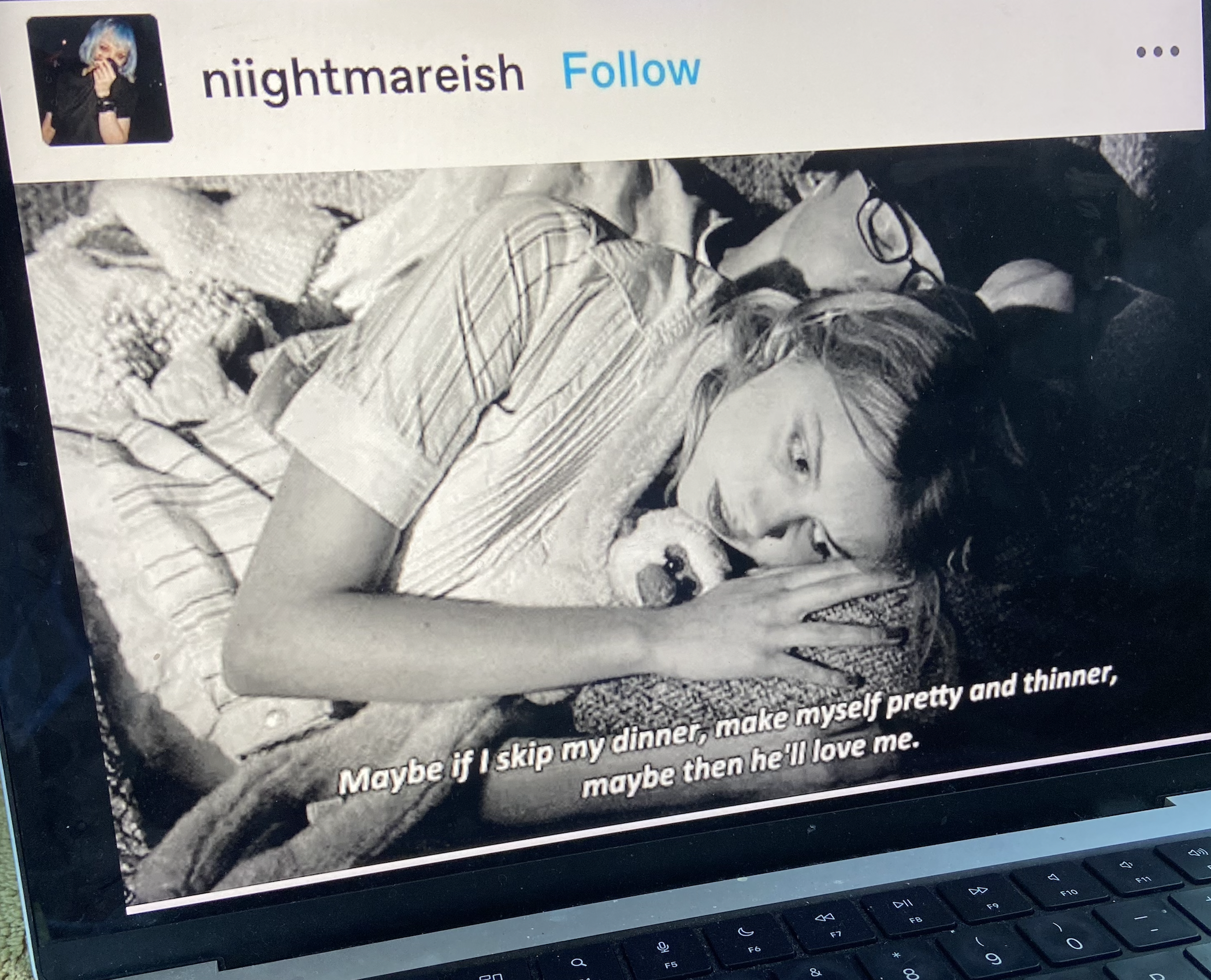In the world of movies, books, music, and social media, mental illness is sometimes portrayed as romantic and mysterious. Although most who indulge in this kind of media understand the real struggles that people with mental health issues face, there has been an emerging trend online where teens seem to desire having mental problems.
Albeit, the “tortured genius” trope has been around long before social media, a rise in teens seeming to want to have a mental illness began with the rising popularity of Tumblr. In 2011, this app amassed over ten billion blog posts, and many of them were “aesthetic” images of razor blades and pill bottles with suicide-promoting, self-deprecating captions. Posts such as these caused many users of the app to want a mental illness to seem more “mysterious” or “fascinating.”
This trend is problematic because mental health problems are serious and challenging. Romanticizing them not only misunderstands people’s real struggles, but also makes it harder for those who genuinely need help to talk about it. Mental health is different for everyone, and pretending to have issues for attention can be harmful.
It’s important for creators and social media platforms to show mental health responsibly. They should avoid glorifying or romanticizing it and instead encourage understanding. Schools and communities should also promote accurate information about mental health, fostering a culture of open conversation and support. This way, we can break the myth that mental illness is glamorous and build a more compassionate society.
[Image Credit: Ana Hudson-Zapata]






Be First to Comment